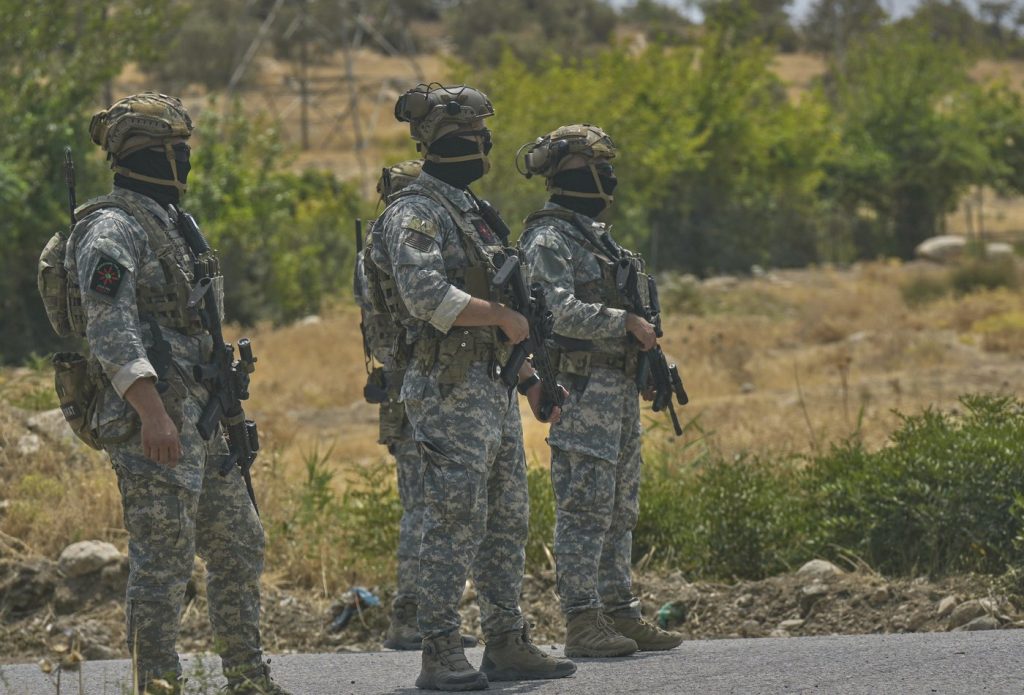On July 11, 2025, in a significant symbolic ceremony held in the mountainous region near Sulaymaniyah, Iraq, fighters from the Kurdistan Workers' Party (PKK), a Kurdish separatist militant group, began the process of laying down their weapons. This marks the first concrete step in a long-anticipated disarmament initiative that is part of an ongoing peace process aimed at resolving decades of conflict with Turkey.
The PKK has operated for over forty years, advocating for Kurdish rights and autonomy. In May 2025, the group announced its intention to disband and abandon armed conflict. This decision followed a pivotal statement from PKK leader Abdullah Öcalan, who has been imprisoned since 1999 on an island near Istanbul. In February, Öcalan urged the PKK to convene a congress to formalize the disbandment and embrace a political solution rather than continuing violence.
Reiterating his stance, Öcalan released a video message just days before the ceremony, expressing, "I believe in the power of politics and social peace, not weapons." His call for peace has garnered attention within Turkey, where Devlet Bahceli, an ally of President Recep Tayyip Erdogan and a notable nationalist figure, welcomed the cessation of violence. Bahceli described the arms surrender as a "historic development" that signifies the closure of a turbulent chapter in Turkey's history.
During the ceremony, reported by the state-run Iraqi News Agency, approximately thirty PKK members participated in the symbolic disarmament. Representatives from various political and governmental factions, including the Turkish intelligence service and members of the Kurdish regional government, were present at the event. The process of disarmament is expected to unfold in stages, with the Iraqi News Agency indicating that it should be completed by September 2025.
The PKK has maintained military bases in the northern mountainous regions of Iraq, leading to ongoing conflicts with Turkish forces, including aerial bombardments and military offensives. This has resulted in the displacement of numerous villages in the area. Moreover, the Iraqi government in Baghdad imposed an official ban on the PKK last year, which has long faced restrictions in Turkey.
However, PKK officials have indicated that for a successful disarmament process to progress, they expect Turkey to take measures towards lifting the isolation of Öcalan's imprisonment and facilitating the reintegration of former militants into the political sphere.
Despite the optimism surrounding the disarmament ceremony, journalists were not permitted to cover the event, reflecting the sensitive nature of the ongoing peace efforts and the complexities involved in the disintegration of longstanding hostilities in the region.
This momentous occasion underscores a pivotal shift in the dynamics between Turkey and the PKK, raising hopes for a future characterized by dialogue and reconciliation. The peace process continues to unfold, with many closely watching the implications of these developments on the broader political landscape in both Turkey and the Kurdish regions.











